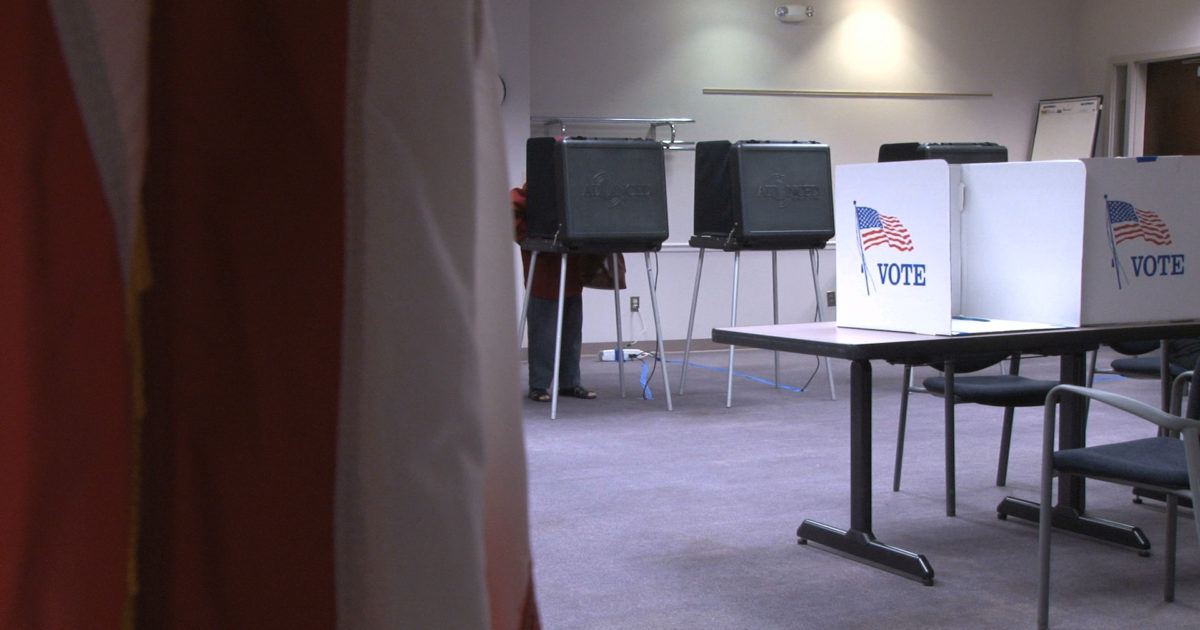U.S. Supreme Court to Consider Wisconsin Republicans Rigging Legislative District Lines for Their Own Political Benefit
State GOP Pursuit of Political Power and Unfair Partisan Advantage ‘Undermines the Integrity of Our Elections and Shakes the Foundations of Our Democracy’

MADISON, Wis. — Today the U.S. Supreme Court announced it will hear an appeal of the Wisconsin case Gill v. Whitford contending that the state legislative districts as drawn in the 2011 redistricting legislation, passed by the Republican controlled legislature and signed into law by Gov. Scott Walker violated the rights of the people of Wisconsin.
A federal three judge panel previously ruled that the Assembly Districts were an impermissible partisan gerrymander, intentionally drawn to give the Republican Party an unfair advantage. The judges further ordered the redrawing of the state Assembly District lines in advance of the Fall 2018 legislative elections, but Gov. Walker and the Republican Assembly and Senate majorities have not yet complied.
The following are the statements of One Wisconsin Now Research Director Jenni Dye:
“Wisconsin Republicans have put their own political interests before everything else with their manipulation of the rules on voting to give themselves an unfair partisan advantage. They’ve passed state laws to rig legislative district lines and erect barriers to the ballot box for people they don’t think will vote for them.
“Their pursuit of raw political power and unfair partisan advantage undermines the integrity of our elections and shakes the foundations of our democracy.
“A federal court has ruled that their partisan gerrymandering has put them in violation of not just basic fairness but the United States Constitution and ordered new maps.
“But instead of serving the people of the state and drawing fair voting maps, Republicans have continued legal appeals in this case and others to try to protect themselves.
“They’ve shown time and again that they can’t be trusted to put what’s best for our democracy before their narrow partisan political interests, and now the U.S. Supreme Court will consider if they’ve violated the provisions of our nation’s Constitution.”
